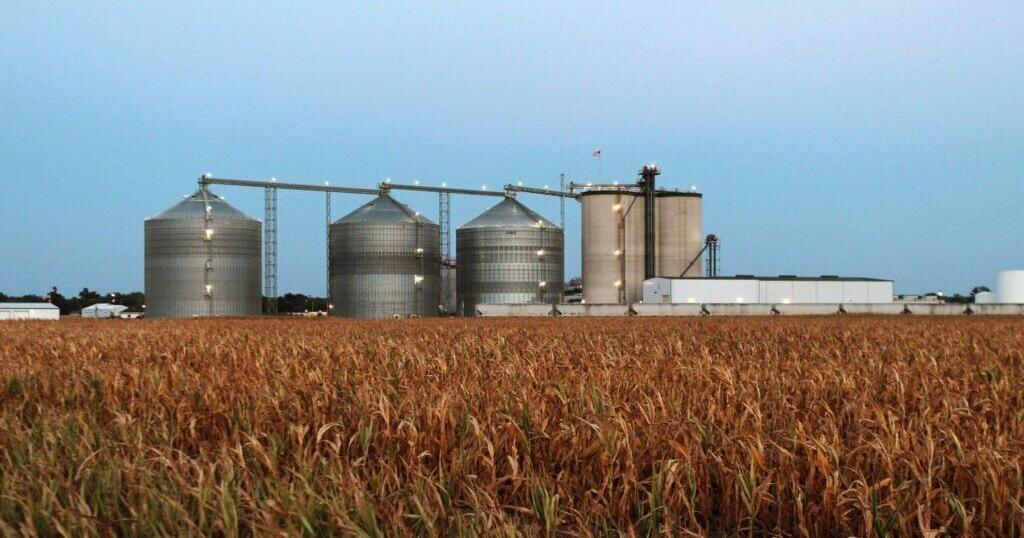
The investment fund was negotiated with the environmental group, Bold Nebraska, which was a leading opponent of construction of the Keystone XL crude oil pipeline across the state. The agreement has been hailed as a new blueprint for acceptance of large infrastructure projects that impact rural areas.
“It’s important to us to strategically invest back into the communities who have supported the project’s development,” said Kyle Quackenbush, segment president at Tallgrass. “We hope that these investments serve to provide a safety net to our neighbors throughout their lifetimes – from early childhood to eldercare – so that these communities can continue to grow and thrive.”
A year ago, Tallgrass announced its agreement with Bold Nebraska to share some of the proceeds in exchange for its cooperation.
Such pipelines in other states have generated opposition, as well as lawsuits and protests. In this case, though, extensive new rights of way weren’t necessary, and many landowners along the pipeline route grow corn, a crop expected to benefit from expanding the markets for corn-based ethanol by making the fuel more environmentally friendly.
Jane Kleeb, the founder of Bold Nebraska, said rural communities “deserve to benefit from the projects that impact them – whether that’s sharing in profits, investing in social services or simply having a seat at the project’s decision-making table.”
Kleeb said the agreement serves as a model for rural as well as urban communities impacted by such projects. She added that Tallgrass and Bold recently gave a presentation to officials with the NAACP.
The new pipeline, formerly the Trailblazer pipeline, is the first of its kind to begin operation as part of a push by the Biden Administration to reduce carbon emissions and make ethanol production more “green.” Making the biofuel less carbon-intensive could make it more attractive for states seeking environmental benefits, officials have said, and the pipeline will give Nebraska-produced ethanol an advantage in its use as sustainable aviation fuel, a new market for the biofuel.
“It’s going to put Nebraska ethanol into a league of its own,” said Steven Davidson, a Tallgrass spokesman.
Jeff Yost, president and CEO of Nebraska Community Foundation, said the new community fund will target some of the biggest challenges facing rural communities — quality early childhood education, senior care and food insecurity — providing small grants to sustain jobs and services.
He said the foundation has already identified more than 230 organizations in the 31 impacted counties as eligible for a portion of the funds. To share in a portion of the funds, Yost said that qualified organizations will be invited to submit applications and verify that they are doing the work they profess to do.
Yost added that sometimes companies do this kind of fund sharing “for public relations purposes.”
“(But) I see these guys doing it for the right reasons,” he said.
SIRE won’t connect to Trailblazer right away
The Tallgrass Trailblazer pipeline is slated to connect to the Southwest Iowa Renewable Energy, or SIRE, ethanol plant located near Council Bluffs, but has not yet secured its permit from the Iowa Utilities Commission.



